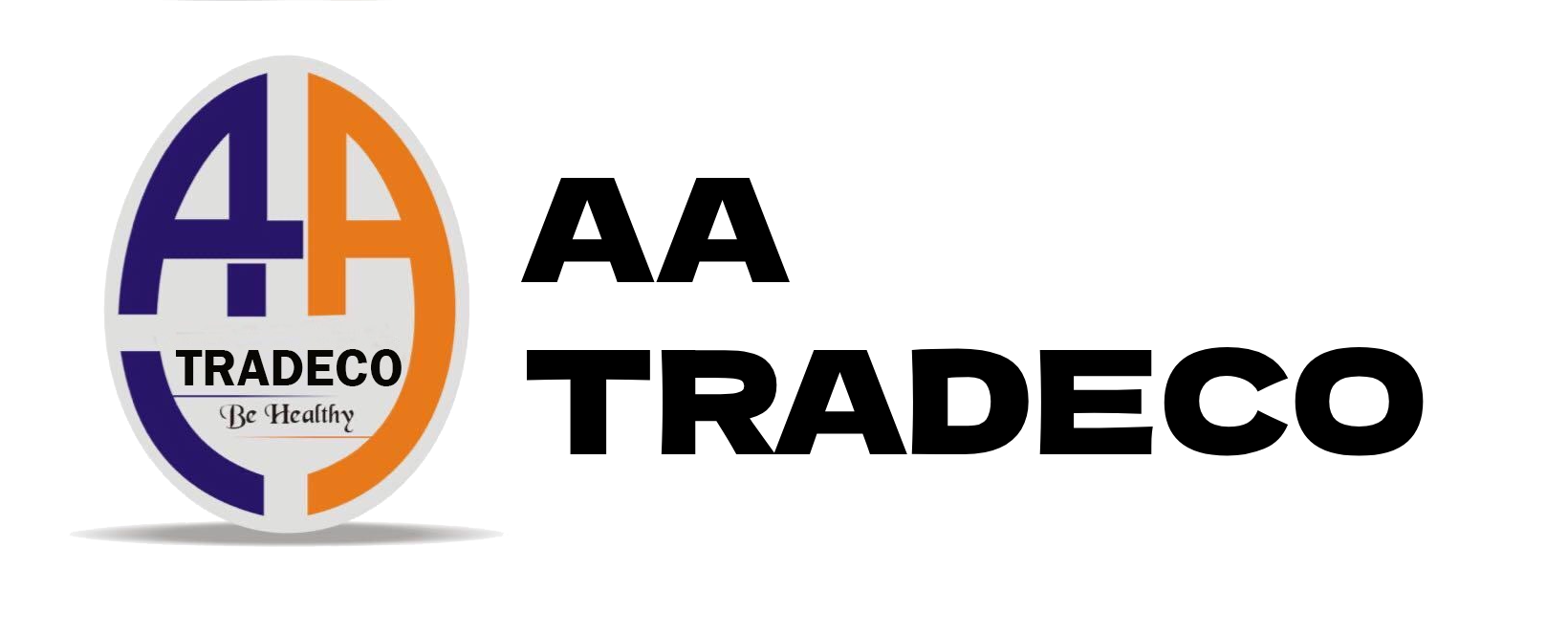How Much Protein Is There in One Egg?
Eggs are a powerhouse of nutrition, especially protein. Whether you eat them boiled, scrambled, or just the whites, they are one of the best sources of high-quality protein. But exactly how much protein is in one egg (2025) Full Guide Let’s explore.
- How Much Protein Is There in One Egg?
- Protein in One Large Egg
- How Much Protein Is in One Boiled Egg?
- How Much Protein in One Egg White?
- How Much Protein Is in One Hard-Boiled Egg?
- How Much Protein Is in One Scrambled Egg?
- Egg Protein Chart by Type
- Why Is Egg Protein Important?
- Is Egg Protein Better Than Other Sources?
- Are Eggs Good for Brain and Health?
- How Many Eggs Should You Eat Per Day?
- Conclusion:
Protein in One Large Egg
A large egg (about 50 grams) contains approximately 6.3 grams of protein. This protein is distributed in the egg white and the yolk.
- Egg white: ~3.6 grams protein
- Egg yolk: ~2.7 grams protein
Eggs contain all nine essential amino acids, making them a complete protein.
How Much Protein Is in One Boiled Egg?
A boiled egg (hard or soft) retains the same protein content:
- One hard-boiled egg: 6.3 grams protein
- One soft-boiled egg: 6.3 grams protein
Boiling doesn’t reduce protein — it’s a healthy, fat-free cooking method ideal for high-protein diets.

How Much Protein in One Egg White?
The egg white (albumen) holds about 60% of an egg’s protein.
- Protein in one egg white: 3.6 grams
- Calories in egg white: ~17
How Much Protein Is in One Hard-Boiled Egg?
This is a frequently asked question, especially by fitness enthusiasts.
- Hard-boiled egg protein: 6.3 grams
- Best time to eat: Morning or post-workout
Hard boiling is preferred because it preserves protein without added oils.
How Much Protein Is in One Scrambled Egg?
Scrambled eggs offer the same protein (6.3g) as a boiled egg, unless cooked with milk, butter, or cheese, which adds extra calories and fat.
- Scrambled egg with milk: ~7–8g protein
- Scrambled egg plain: ~6.3g protein
Tip: Use non-stick pans or spray oil to reduce extra fat.

Egg Protein Chart by Type
| Egg Type | Protein (g) |
| 1 Large Egg | 6.3g |
| 1 Egg White | 3.6g |
| 1 Egg Yolk | 2.7g |
| 1 Hard-Boiled Egg | 6.3g |
| 1 Scrambled Egg | 6.3g–7.5g |
Why Is Egg Protein Important?
Egg protein is highly bioavailable, meaning your body absorbs it very efficiently. Benefits include:
- Muscle growth and repair
- Weight management
- Improved satiety (feeling full)
- Supports immune function
This makes eggs perfect for athletes, bodybuilders, and anyone on a high-protein diet.
Is Egg Protein Better Than Other Sources?
Yes, egg protein is one of the best natural protein sources. Here’s how it compares:
| Food | Protein (per 100g) |
| Eggs | 13g |
| Chicken breast | 31g |
| Lentils (cooked) | 9g |
| Tofu | 8g |
Eggs are easier to cook, cheaper, and contain no carbs, which makes them ideal for keto or low-carb diets.

Are Eggs Good for Brain and Health?
Yes! Eggs also contain:
- Choline – boosts memory and brain function
- Vitamin D – supports bone health
- Lutein & Zeaxanthin – protect eye health
- Omega-3s (in some eggs) – improve heart health
So, beyond protein, eggs are a complete nutritional package.
How Many Eggs Should You Eat Per Day?
It depends on your goals:
- For general health: 1–2 eggs/day
- For muscle building: 2–4 eggs/day
- For weight loss: 2–3 egg whites + 1 whole egg/day
Always consult a nutritionist for personal needs.
Myths About Eggs and Protein
Myth 1: Eggs raise cholesterol.
Truth: Modern research shows moderate egg intake doesn’t harm heart health for most people.
Myth 2: Raw eggs give more protein.
Truth: Cooked eggs are safer and offer better protein absorption.
Myth 3: Only egg whites matter.
Truth: Egg yolks contain protein, vitamins, and healthy fats.
How to Add More Eggs to Your Diet
Here are easy ways to add high-protein eggs to your meals:
- Boiled egg sandwich
- Egg salad
- Scrambled egg wraps
- Egg white omelet with veggies
- Hard-boiled eggs as snack
- Poached eggs on toast
- Baked eggs with spinach
These ideas help you meet daily protein needs without spending much.
Fun Fact: Egg Protein Digestibility
Eggs have a biological value (BV) of 100 — the highest possible, meaning your body uses 100% of the protein.
In fact, egg protein is used as the standard to measure the quality of other proteins!
Conclusion:
If you’re wondering how much protein is there in one egg, the answer is clear — around 6.3 grams of complete, high-quality protein.
Whether boiled, scrambled, or just the whites, eggs are:
- Affordable
- Accessible
- Nutrient-dense
Start adding more eggs to your daily meals to improve your health and boost your fitness goals.
For more health and nutrition updates, visit AATradeCo.com.




Leave a Reply